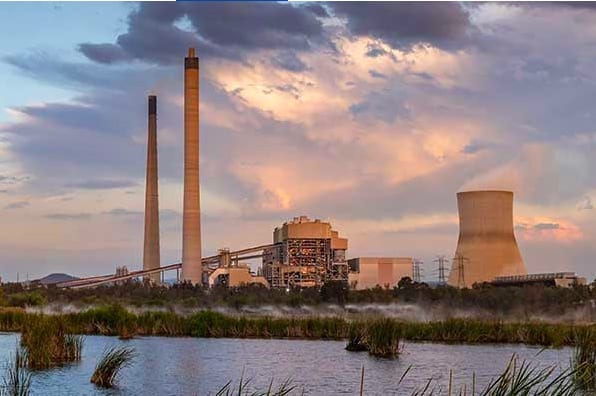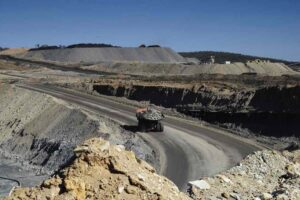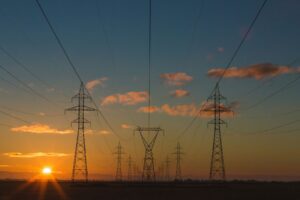The Australian Energy Regulator has commenced legal proceedings against the Callide Power Trading, seeking to impose penalties after a catastrophic explosion at the Callide coal plant caused wide-scale blackouts across Queensland.
In May 2021, the Callide C4 coal-fired power station experienced a dramatic explosion that destroyed one of its generator units. The incident caused the snow-ball tripping of multiple other power stations throughout Queensland, taking 3,045MW of generation offline and forcing 2,300MW of customer load – predominantly homes and businesses – to be disconnected from the grid.
The AER alleges that Callide Power Trading, which is the registered market participant for Callide C (Queensland government-owned CS Energy is the plant operator), breached several clauses of the National Electricity Rules.
AER claims that the joint venture was responsible for the breaches “by failing to ensure its plant met or exceeded applicable performance standards, and by failing to plan and design its facilities and ensure they were operated to comply with those performance standards”.
In filings lodged in the Federal Court on Friday, the AER alleges that Callide Power Trading had also failed to ensure the power station’s safety systems successfully disconnected the plant from the grid during the incident and, as a result, contributed to the outages at several other generators.
In a statement, AER board member Justin Oliver said it was critical that power stations complied with the performance standards they’ve committed to follow.
“Performance standards describe how a generating unit should perform and how it should respond to adverse events. These standards are agreed between the Registered Participant and the Australian Energy Market Operator,” Oliver said.
“Failure to comply with these standards can risk power system security, see consumers disconnected from power supply and cause wholesale energy prices to increase during and beyond these events.”
“It’s vital that Registered Participants and Generators are aware of their performance standards and comply with them at all times so that the market and consumers aren’t wrongly exposed to the consequences of adverse events.”
The legal action could prove costly for the Callide plant – and by extension the Queensland government. Previous litigation commenced by the AER against several South Australian wind farms saw combined fines total more than $6 million, for their role in the 2016 South Australian blackout.
In a short statement, a spokesperson for Callide Power Trading acknowledged the proceedings, but did not comment on the merits of the AER’s claims.
“Callide Power Trading Pty Ltd will work co-operatively with the Australian Energy Regulator to resolve this matter as soon as possible,” the spokesperson said.
Callide C is one of the youngest coal-fired generators operating in the Australian grid, having been commissioned in 2001 with ‘lower emitting’ supercritical boiler technology.
The explosion at the Callide C has been the trigger for a series of ongoing woes for the owners of the generator.
At the time, around 400,000 Queensland homes and businesses were left without power during the incident.
The explosion in May 2021 – which disabled the plant’s C4 unit – was followed by structural failures at the cooling tower for the plant’s C3 unit. The dual failures have seen the entire 810MW coal plant offline since October 2022.
The total cost of the repairs are expected to exceed $400 million, with the plant’s return to service hit by several delays.
Complicating the matter, the co-owner of the plant, InterGen fell into administration in March last year. As part of the administration proceedings, the Federal Court recently ordered a fresh independent investigation into the cause of the May 2021 explosion, as investors in InterGen assess the aftermath.










